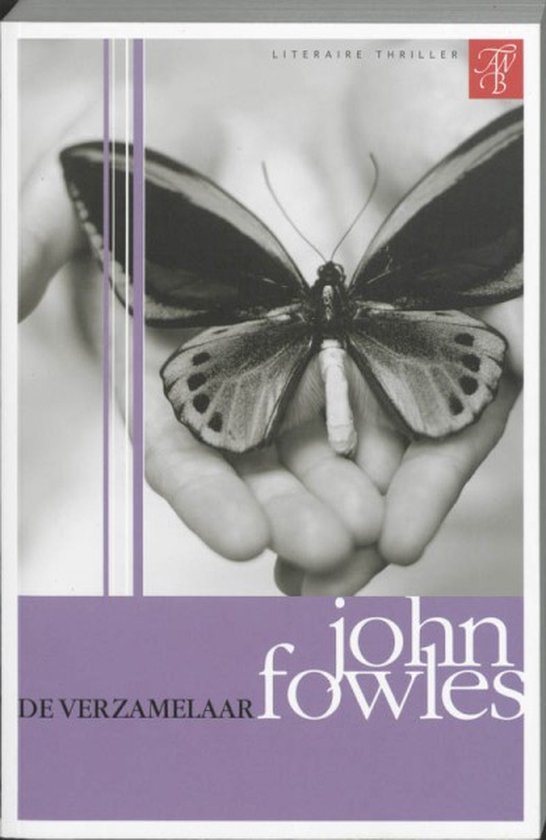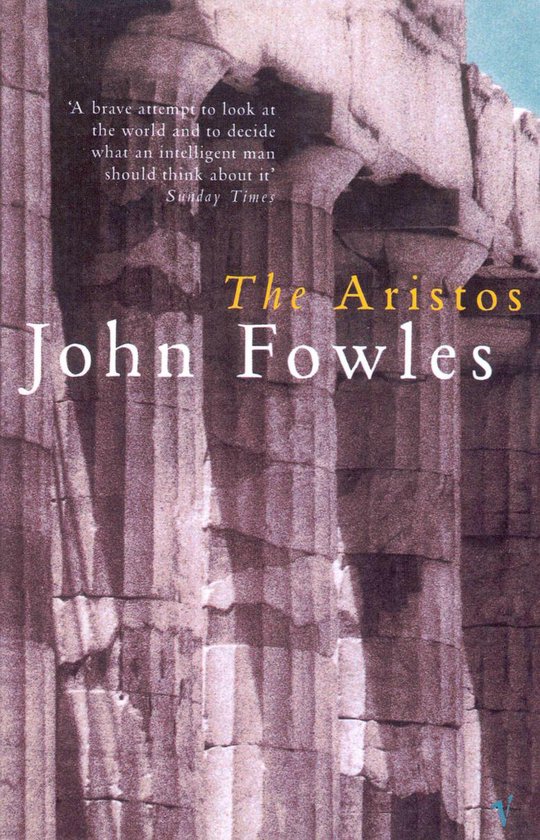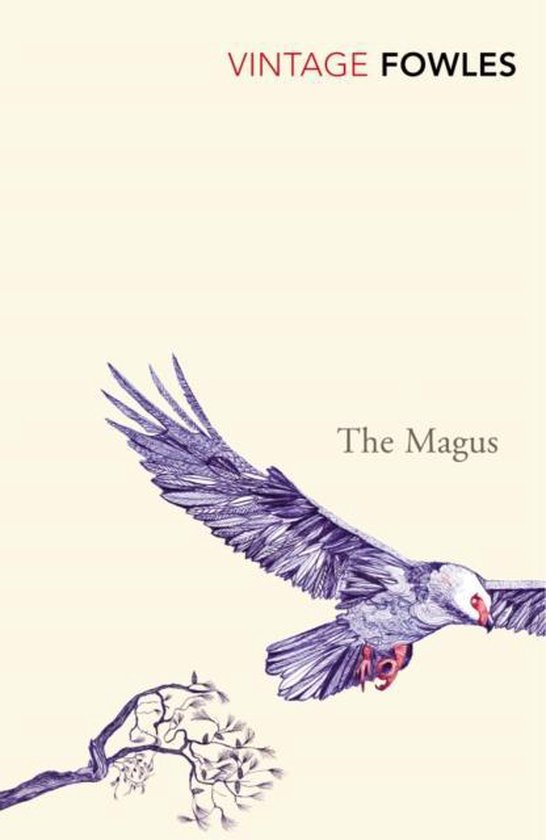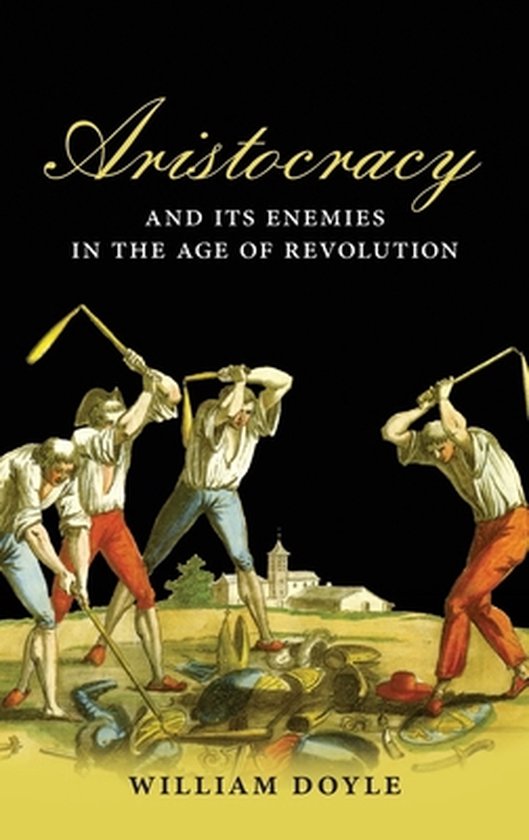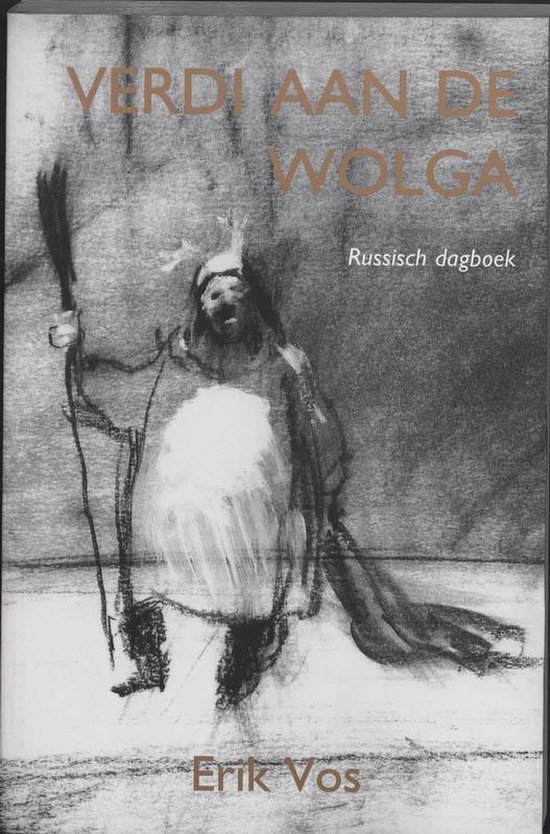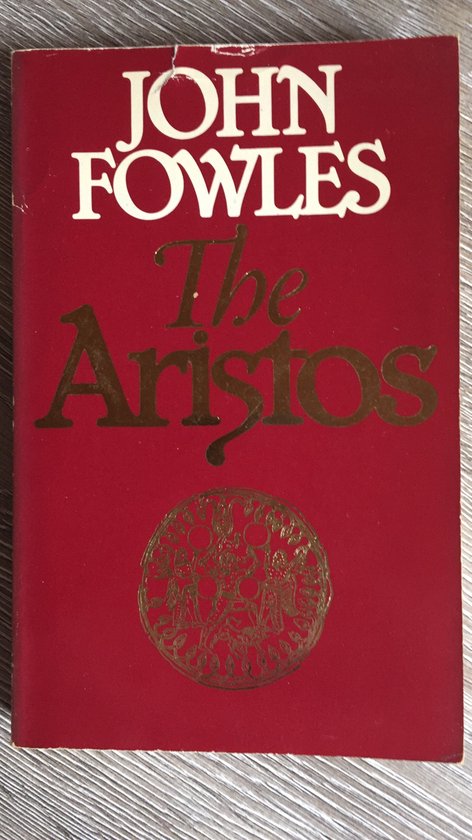
Aristos
Two years after The Collector had brought him international recognition and a year before he published The Magus, John Fowles set out his ideas on life in The Aristos.
Two years after The Collector had brought him international recognition and a year before he published The Magus, John Fowles set out his ideas on life in The Aristos. The chief inspiration behind them was the fifth century BC philosopher Heraclitus. In the world he posited of constant and chaotic flux the supreme good was the Aristos, 'of a person or thing, the best or most excellent its kind'.'What I was really trying to define was an ideal of human freedom (the Aristos) in an unfree world,' wrote Fowles in 1965. He called a materialistic and over-conforming culture to reckoning with his views on a myriad of subjects - pleasure and pain, beauty and ugliness, Christianity, humanism, existentialism, socialism
Two years after The Collector had brought him international recognition and a year before he published The Magus, John Fowles set out his ideas on life in The Aristos. The chief inspiration behind them was the fifth century BC philosopher Heraclitus. In the world he posited of constant and chaotic flux the supreme good was the Aristos, 'of a person or thing, the best or most excellent its kind'.'What I was really trying to define was an ideal of human freedom (the Aristos) in an unfree world,' wrote Fowles in 1965. He called a materialistic and over-conforming culture to reckoning with his views on a myriad of subjects - pleasure and pain, beauty and ugliness, Christianity, humanism, existentialism, socialism
| Auteur | | John Fowles |
| Taal | | Engels |
| Type | | Paperback |
| Categorie | | Mens & Maatschappij |
